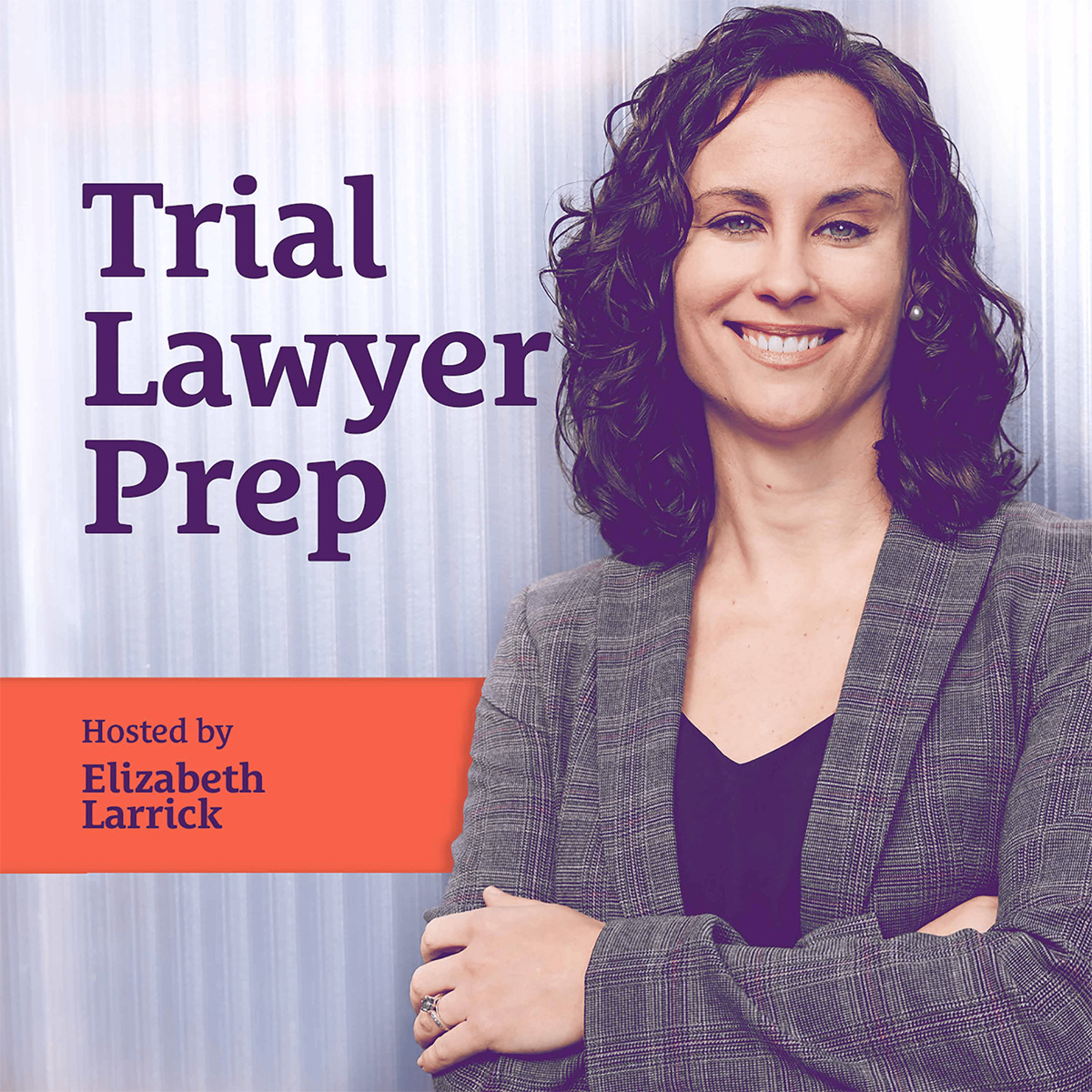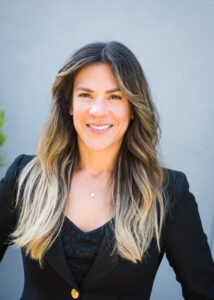Mediation and Focus Group Clips
In this episode, we explore how focus group clips can be used as tools in mediation. Specifically, I’m sharing five simple things that we can do as plaintiff’s lawyers to help our mediation, which I learned from a respected mediator on both sides of the aisle.
In this episode, you will hear:
- Virtual mediation v. in-person mediation
- Ways to prepare your client for the mediation
- Sending a demand before the mediation
- Negotiation styles (ex. positional bargaining and principled negotiation)
- The ranges of risk on a case
- How to use focus group clips for mediation
Subscribe and Review
Have you subscribed to our podcast? We’d love for you to subscribe if you haven’t yet.
We’d love it even more if you could drop a review or 5-star rating over on Apple Podcasts. Simply select “Ratings and Reviews” and “Write a Review” then a quick line with your favorite part of the episode. It only takes a second and it helps spread the word about the podcast.
Supporting Resources:
If you have questions or a particularly challenging client preparation, email Elizabeth directly for assistance: elizabeth@larricklawfirm.com.
Episode Credits:
If you like this podcast and are thinking of creating your own, consider talking to my producer, Danny Ozment.
He helps thought leaders, influencers, executives, HR professionals, recruiters, lawyers, realtors, bloggers, coaches, and authors create, launch, and produce podcasts that grow their businesses and impact the world.
Find out more at https://emeraldcitypro.com


